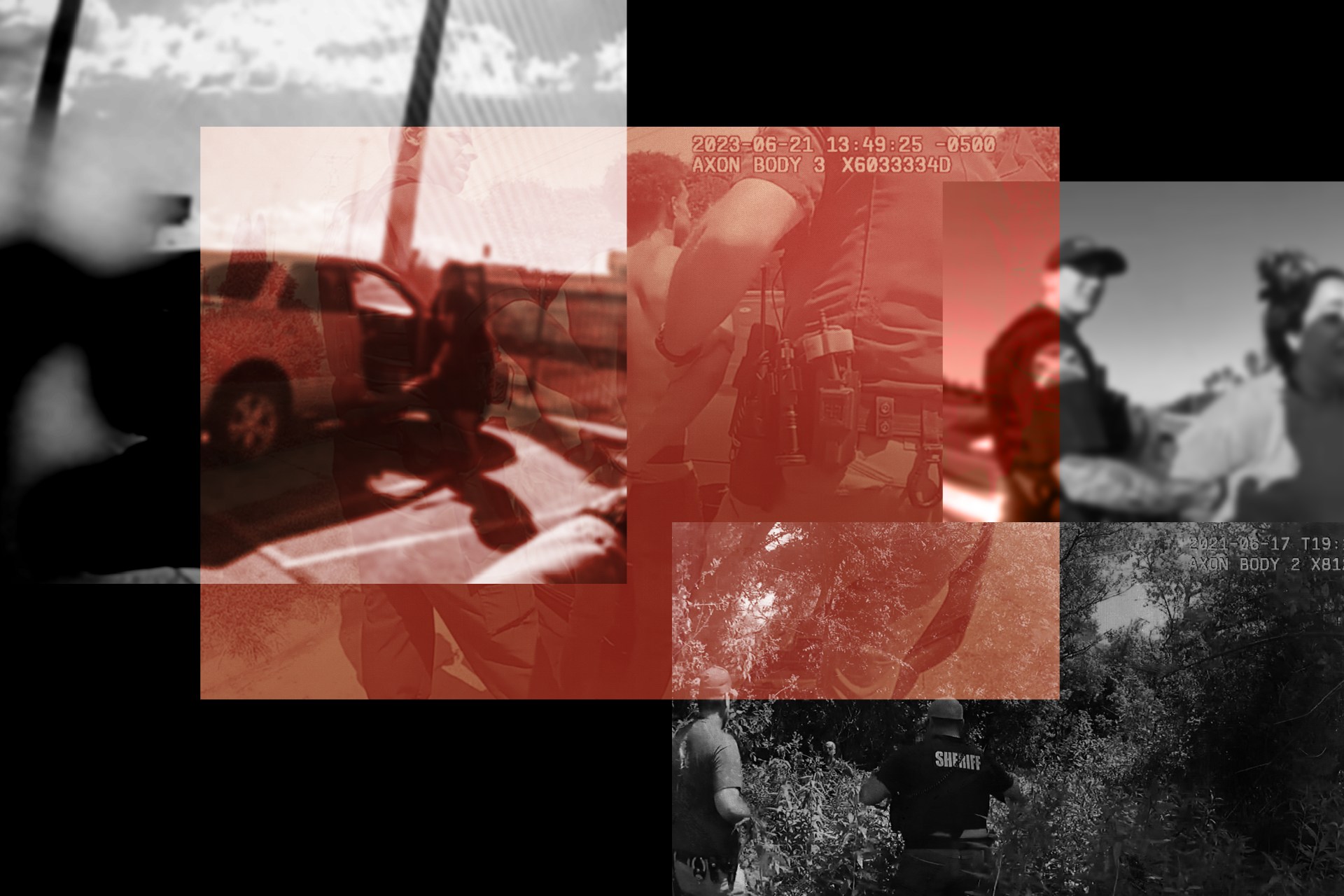Body Cam Footage Goes Viral: Arrests Now Public Spectacles
The rise of police body cameras was initially hailed as a tool for transparency and accountability. But a burgeoning trend on social media is turning these recordings into a new form of public shaming, raising serious questions about privacy and the ethics of monetizing misfortune. Minor offenses, once handled discreetly within the legal system, are now fodder for viral content, leaving individuals vulnerable to widespread scrutiny and potential reputational damage.
From Evidence to Entertainment: The Algorithm’s Allure
Imagine being arrested for a minor infraction – speeding, perhaps, or loitering. The legal consequences might seem manageable, but what if that arrest, captured by a police body camera, suddenly surfaces on TikTok or YouTube? Channels like “Code Blue Cam” and “Midwest Safety,” boasting millions of views per video and billions overall, are amassing massive audiences by showcasing these encounters. These channels, often monetized, thrive on the drama and immediacy of real-life arrests, turning personal misfortunes into profitable content.
This trend highlights a darker side of the internet’s algorithm-driven culture. What starts as a tool for oversight quickly morphs into a source of entertainment, blurring the lines between public interest and exploitative content. The sheer scale of these channels, and the ease with which they can be missed by the casual user, underscores the pervasiveness of this phenomenon.
The Illusion of Control: Fighting the Algorithm
The most troubling aspect of this trend is the difficulty individuals face in reclaiming their privacy. Once an arrest video goes viral, removing it becomes a Sisyphean task. The internet’s relentless nature ensures that even if the original video is taken down, copies and variations will continue to circulate, perpetuating the cycle of public shaming. This raises critical questions about the rights of individuals caught on camera and the responsibility of social media platforms in safeguarding their users’ privacy.
The promise of body cameras was to increase police accountability and transparency, and it has delivered on this promise in many ways. However, the internet changes everything and the legal system has not caught up with this new reality.
Balancing Transparency and Privacy in the Digital Age
The viralization of police body camera footage presents a complex dilemma. While transparency in law enforcement is crucial, it shouldn’t come at the cost of individual privacy and dignity. A balance must be struck between public access and personal rights, with clear guidelines on how this footage can be used and disseminated. The legal system, social media platforms, and content creators must work together to ensure that body camera footage serves its intended purpose – promoting accountability – without turning into a tool for exploitation and public shaming. It is not clear that this is happening today.
Based on materials: Vox





